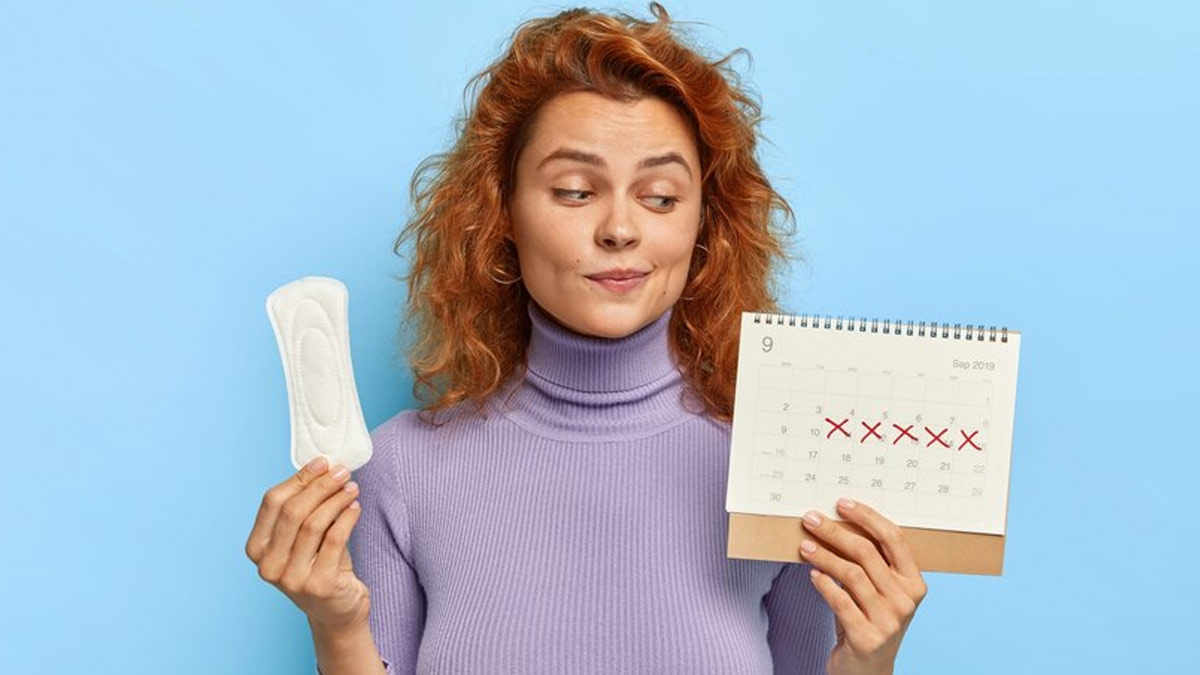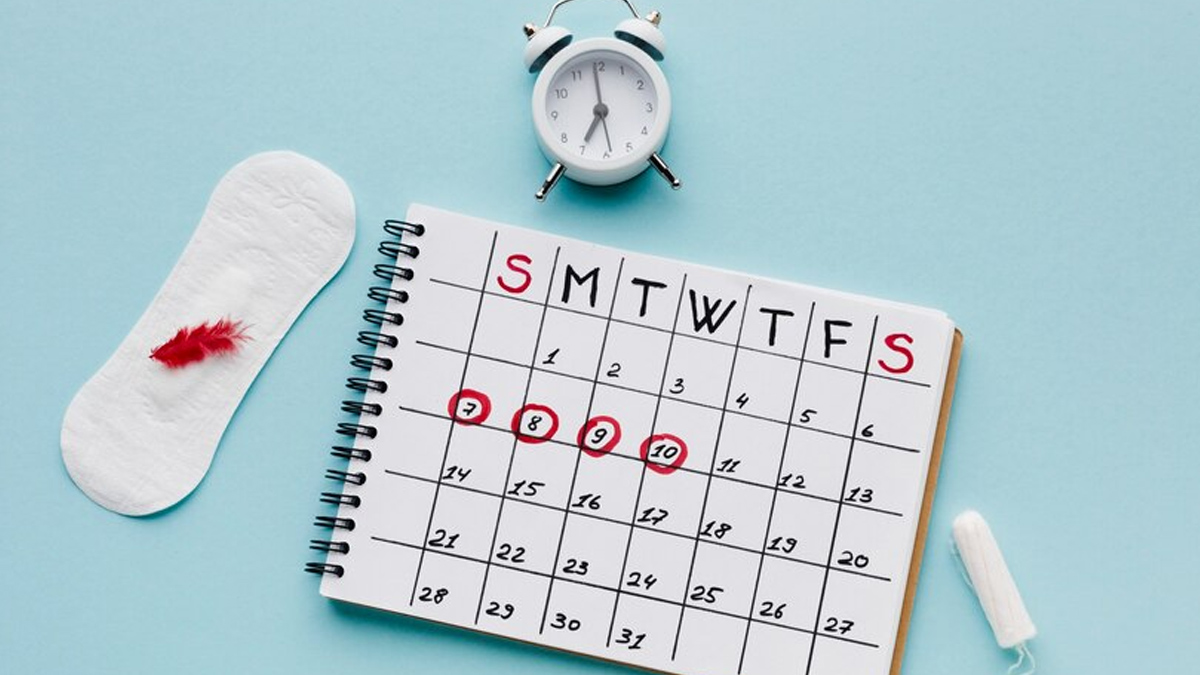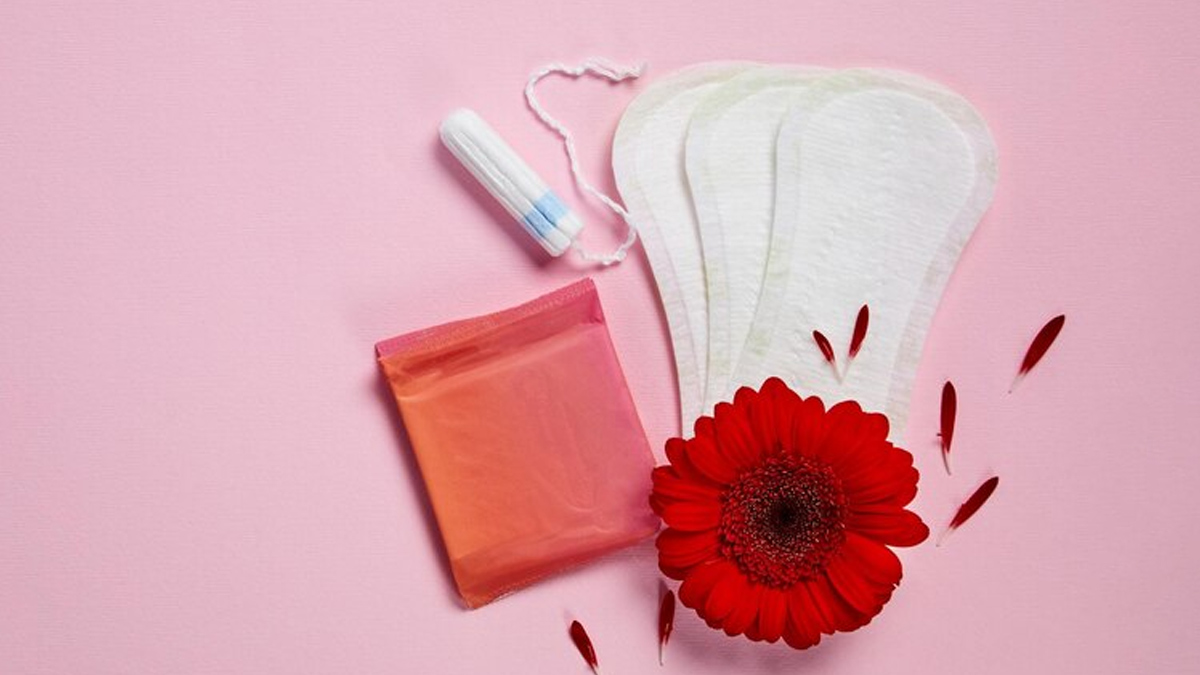
Has the timing of your menstrual cycle changed? Have you been travelling a lot recently? A 2021 study published in the journal Tropical Diseases, Travel Medicine, and Vaccines suggests that various factors, like jet lag, stress, and changes in diet and sleep patterns, can be contributing factors.
Table of Content:-
Speaking with the OnlyMyHealth team, Dr Sujit Behera, MD - Obstetrics and Gynaecology, Chief Consultant and Surgeon, Ahana Gynaecare, sheds light on the same and shares ways to regulate such changes.
Also Read: How Menstrual Symptoms Change In Your 20s, 30s, And 40s
How Frequent Travel Impacts Menstrual Cycle

Highlighting the most common travel-related factors, Dr Behera says, “Jet lag alters the body's internal clock, influencing hormone levels crucial for ovulation. In addition, stress associated with travel can also impact hormone balance, whereas changes in sleep patterns and diet during travel can further contribute to menstrual irregularities.”
While jet lag disrupts the body's circadian rhythm, affecting hormone production, stress from travel can elevate cortisol levels, interfering with reproductive hormone balance, the doctor explains, adding that changes in sleep patterns, diet, and physical activity during travel can further disrupt hormonal equilibrium.
The above-mentioned study suggests that these disruptions can lead to irregular periods, missed periods, or heavier bleeding, highlighting the importance of understanding how travel can impact women's reproductive health.
Can Climate And Altitudes Have An Influence?

When you travel, you can be exposed to various changes, including exposure to different time zones and climates.
While there's no definitive scientific consensus, Dr Behera shares that it's plausible that exposure to different climates or altitudes during travel could influence the timing of menstruation.
She explains, "Significant changes in altitude can affect oxygen levels in the blood, which might influence hormone production. Similarly, extreme temperature variations could potentially disrupt the body's internal temperature regulation, a factor that plays a role in menstrual cycles."
However, these effects are often subtle and can be influenced by individual variations in response to environmental factors, she adds.
Also Read: Menstrual Health: Expert Decodes 5 Menstrual Disorders
How Women Can Minimise The Effects Of Travel On Menstrual Cycle

To minimise travel's impact on menstrual cycles, Dr Behera shares various strategies. These include:
- Maintaining consistent sleep patterns, even with time zone changes
- Consuming a balanced diet rich in essential nutrients
- Staying hydrated
- Managing stress through relaxation techniques or physical activity
- For those using hormonal contraceptives, adhering to the prescribed schedule is important.
If menstrual irregularities persist or are severe, consulting a healthcare provider is recommended, advises Dr Behera.
Bottomline
It is important to note that many other factors can also affect the menstrual cycle, regardless of whether you're travelling or not.
Hormonal imbalances from conditions like Polycystic Ovary Syndrome (PCOS) or thyroid issues, stress, weight fluctuations, excessive or inadequate exercise, certain medications, and underlying medical conditions like endometriosis or fibroids can also impact and disrupt menstrual regularity. Addressing these issues and consulting a doctor to do so are crucial steps.
Managing menstrual issues while travelling often involves careful planning, involving packing adequate supplies of menstrual products along with prescription pain relievers and any comfort items like heating pads. Choose comfortable clothing and maintain good menstrual hygiene to avoid discomfort and health risks, respectively.
Also watch this video
How we keep this article up to date:
We work with experts and keep a close eye on the latest in health and wellness. Whenever there is a new research or helpful information, we update our articles with accurate and useful advice.
Current Version
